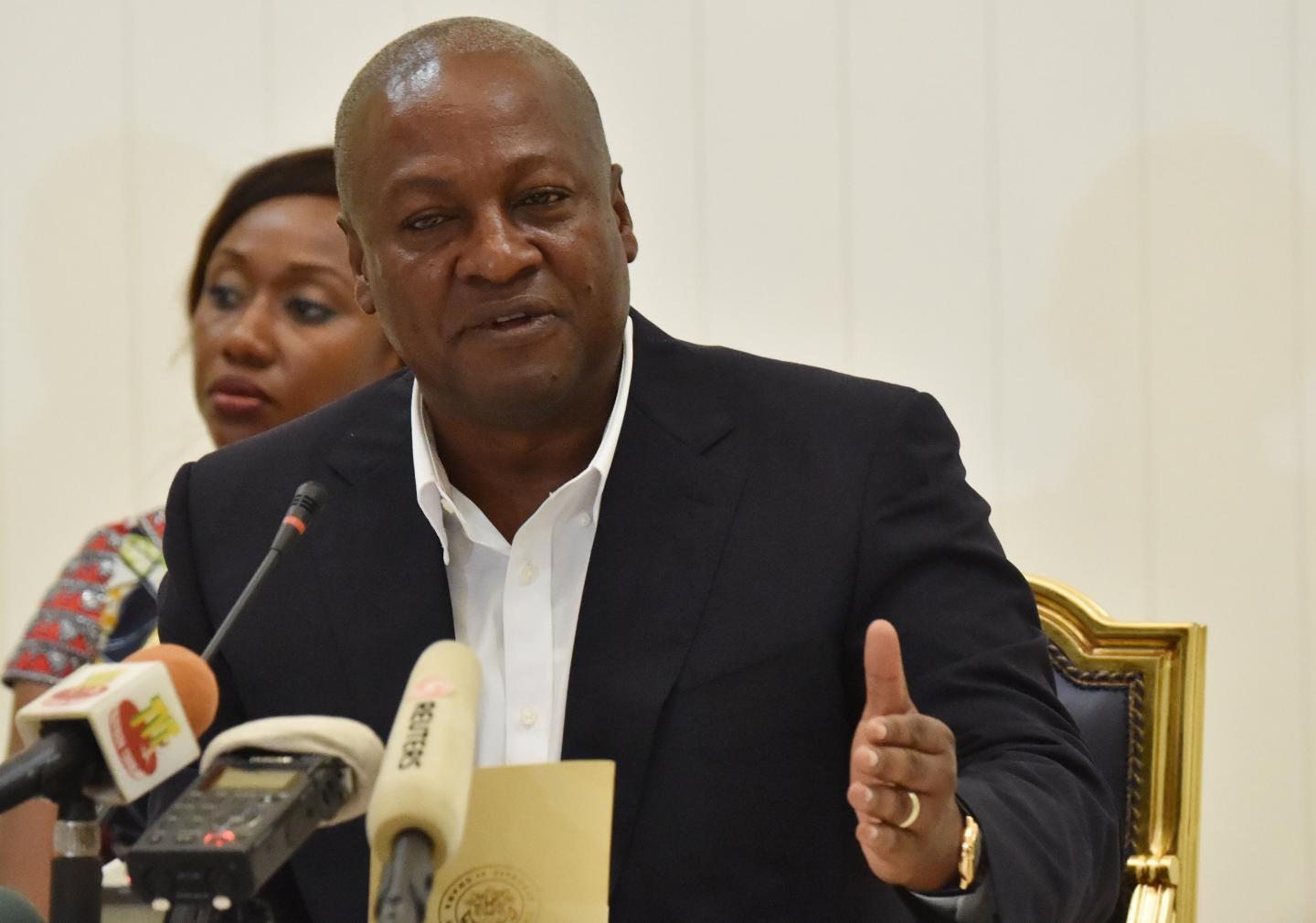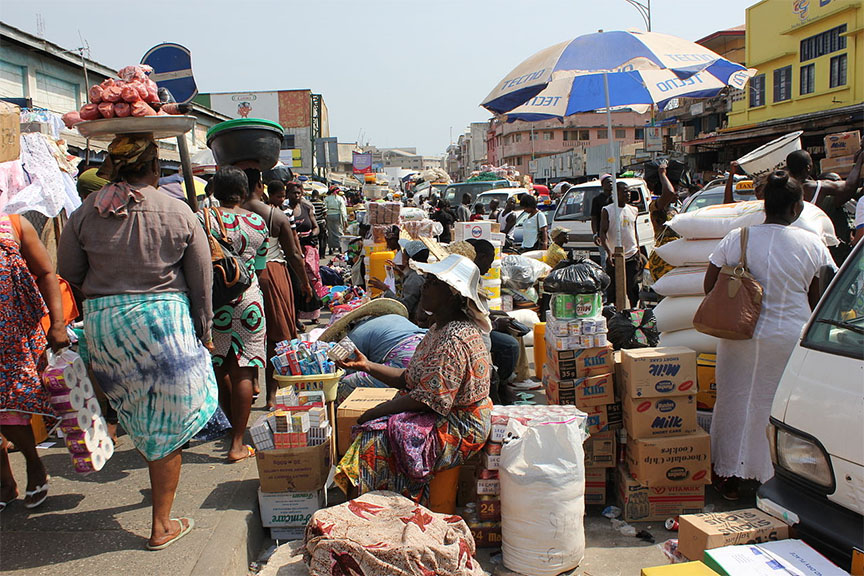
ISSOUF SANOGO/AFP/Getty Images
Ghana’s top court has ordered more than 56,000 names to be deleted from the electoral register as the country prepares for general elections in November.
The West African country’s Supreme Court ordered on Tuesday that the names be struck from the roll since they had registered with invalid identity cards, Africa News reported. The affected persons used national health insurance cards to register and will be allowed to re-register using valid forms of identification once the exercise is complete.
Ghana’s electoral register is not yet prepared for the polls, which are due to take place on November 7 and will pit incumbent President John Dramani Mahama against opposition leader Nana Akufo-Addo, who has unsuccessfully stood for the presidency at the past two elections in 2008 and 2012.
A spokesperson for the Electoral Commission of Ghana, Eric Dzakpasu, recently told Voice of America that the body was implementing measures to ensure the vote would go ahead smoothly, which include exhibiting the register between July 18 and August 7 for voters to check their details or re-register if necessary.
One of West Africa’s most stable countries, Ghana transitioned from military rule to multiparty democracy in 1992 and has held largely peaceful elections since then. The Ghanaian inspector-general of police, John Kudalor, has assured the population that the police force would be adequately equipped to deal with any disturbances in the run-up to the election.
Kudalor said that police were undergoing public order management training and that security forces would make sure “we act impartially and professionally during the elections so that the outcome of the polls would be wholly accepted by all the political parties and their leaders.”
Other major challenges ahead of the election include an energy crisis that saw the government employ a policy of load-shedding or rolling blackouts—where electricity in different parts of the country was cut at different periods of time—that was popularly described as dumsor, a Ghanaian term used to describe the unpredictable outages.
Mahama said Wednesday that the country would not return to the policy, blaming current energy sources on a spate of militant attacks on oil facilities in neighboring Nigeria, which is one of Ghana’s main trading partners

